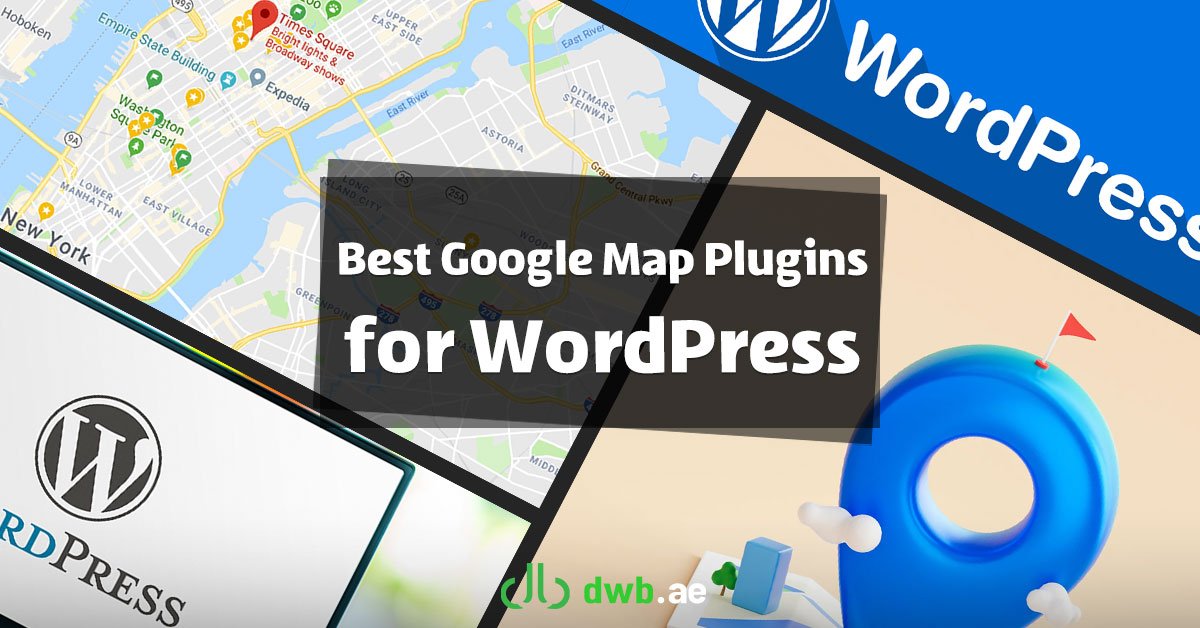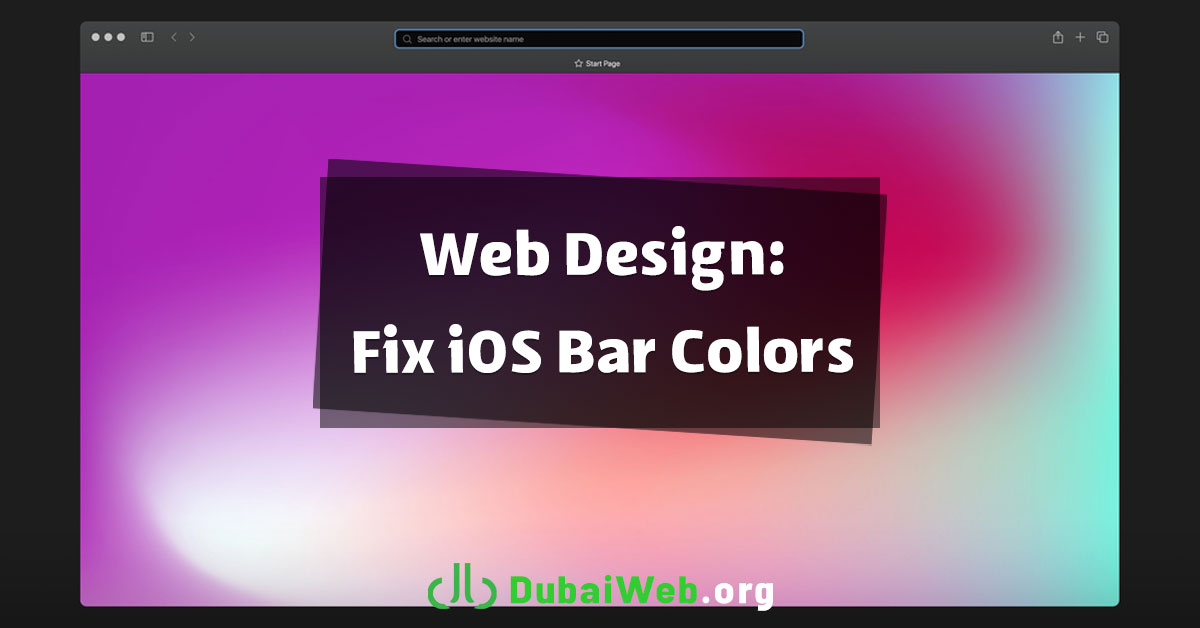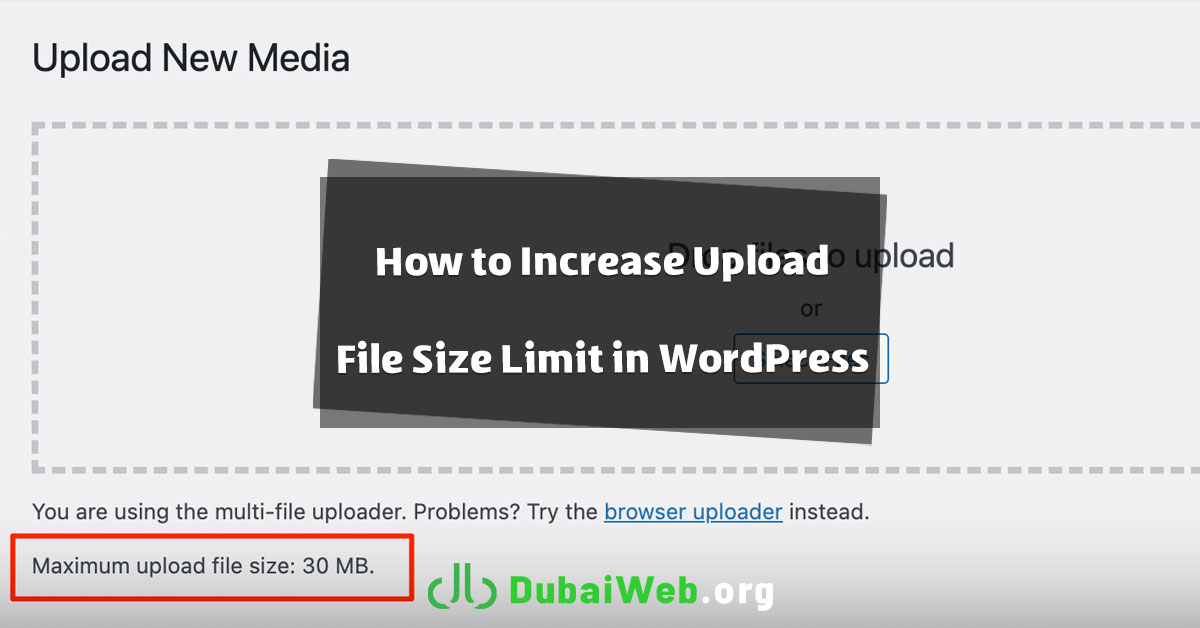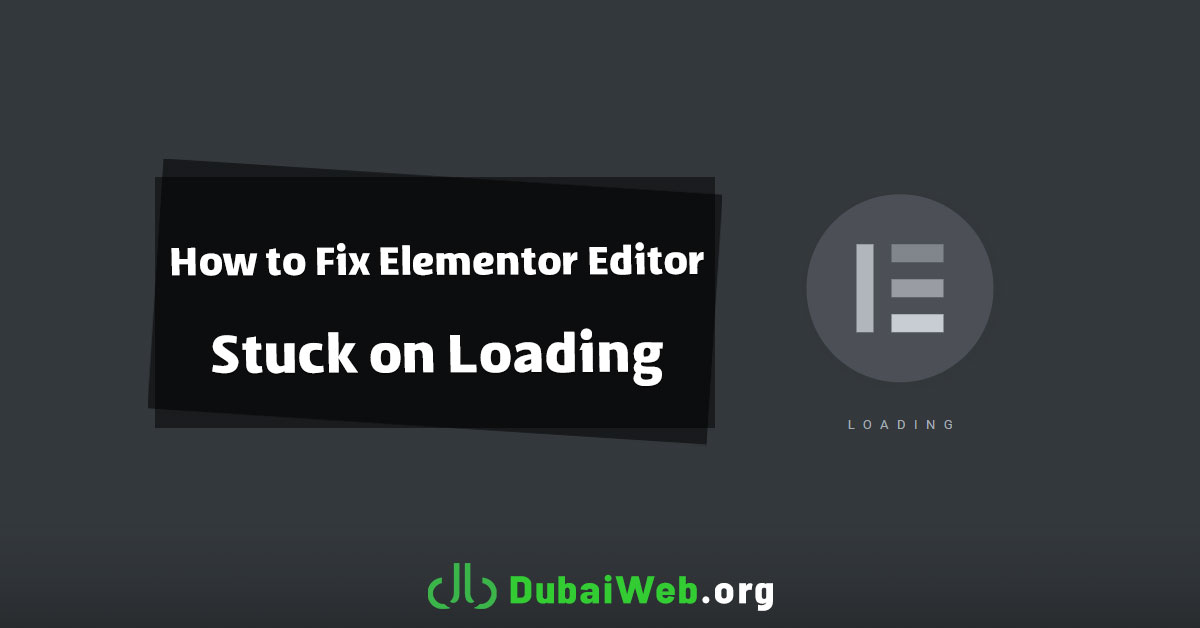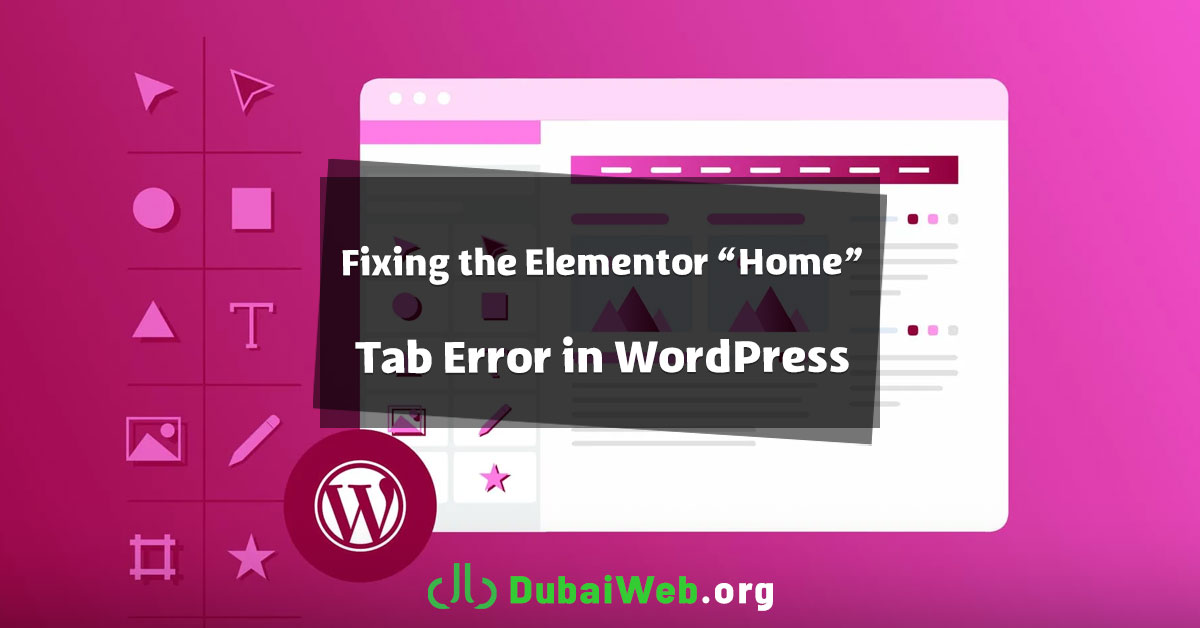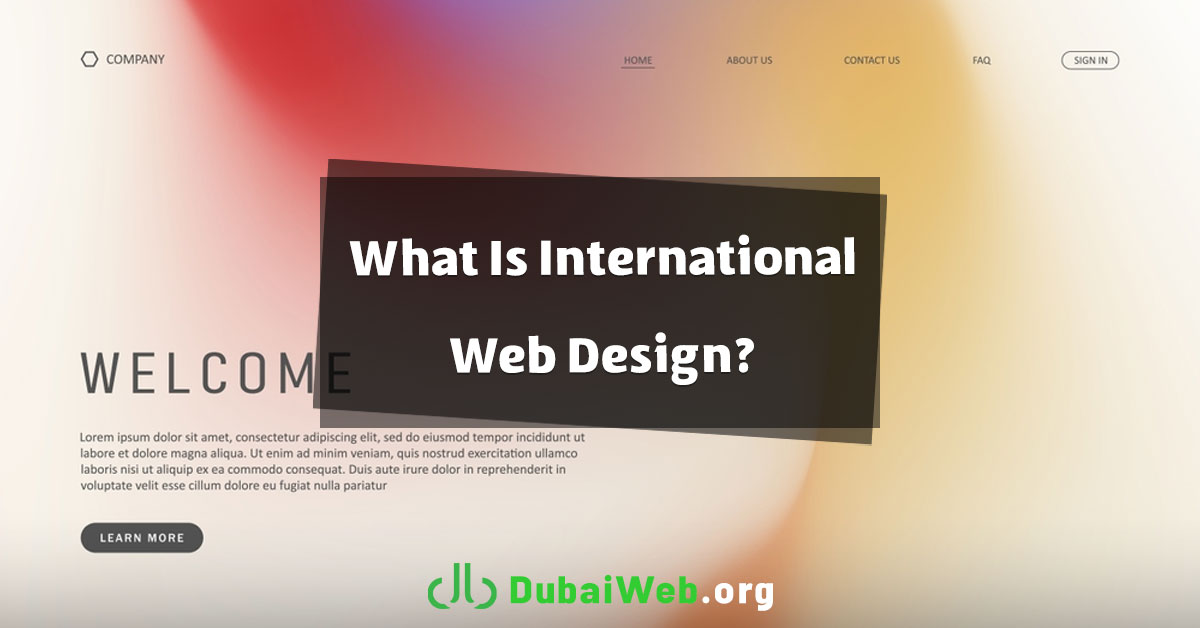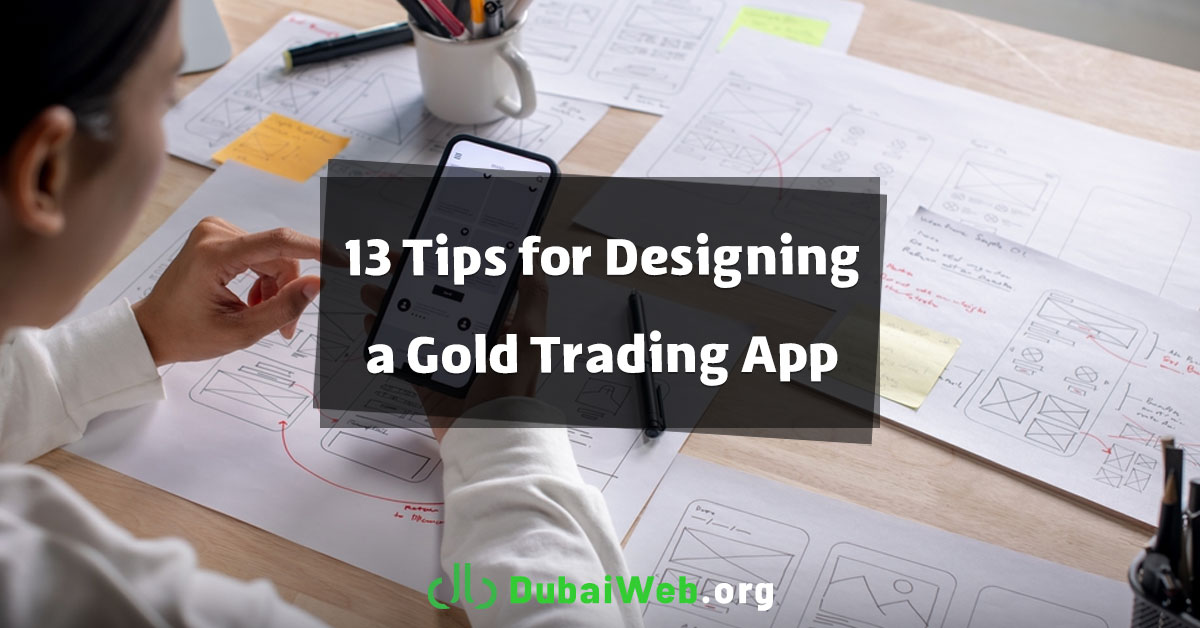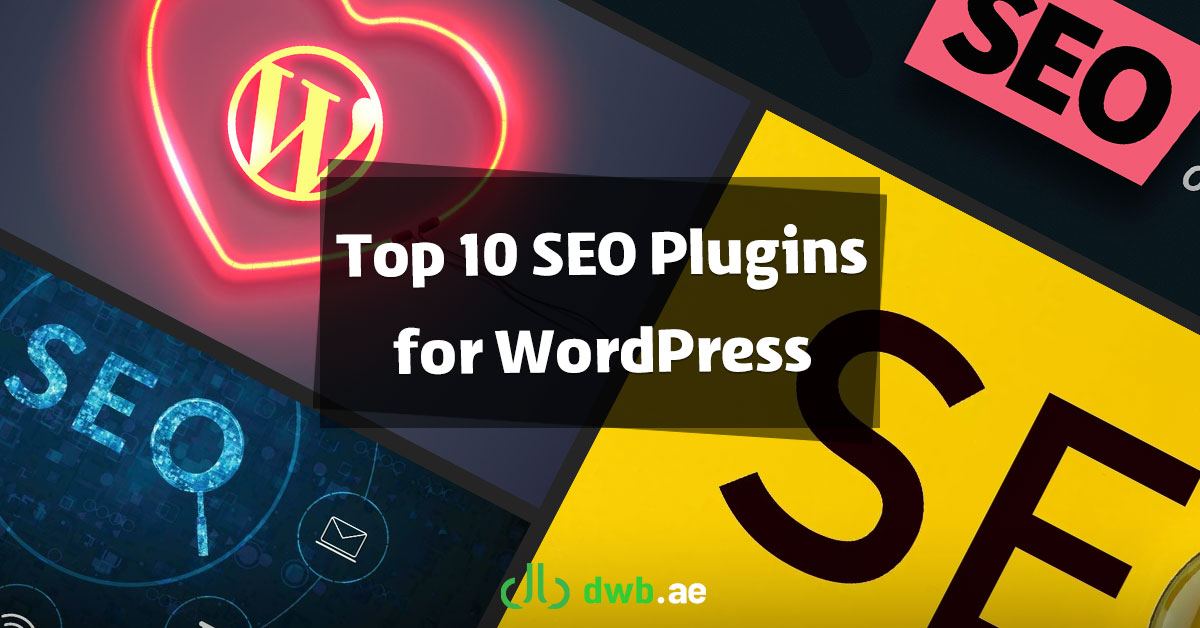Selecting a web design agency to build your digital identity is more than a simple purchase; it’s a strategic investment and the choice of a long-term business partner. For established companies, whose website is the focal point of communication with customers, partners, and employees, this decision is doubly important. A professional website can optimize your processes and accelerate growth, while the wrong choice can lead to wasted resources and damage to your brand’s credibility.
So, how can you find a reliable and capable partner among the many options available? The answer lies in asking the right questions—intelligent questions that go beyond price and timeline to reveal a company’s depth of expertise, process transparency, and commitment to your success.
At Dubai Web, we have prepared a list of ten key questions you must ask before signing any contract, to help you make a fully informed decision.
10 Essential Questions for Your Web Design Agency
1. Beyond your portfolio, can you share a case study of a project similar to ours that faced a specific challenge, and explain how you solved it?
Any agency can display beautiful portfolio pieces, but true capability is revealed in complex problem-solving. This question shows whether the company is merely a visual designer or a strategic partner that can understand your business challenges and provide digital solutions. Their answer will reveal their real-world experience on projects of a similar scale to yours.
2. What is your design and development process from start to finish, and what is our role as the client at each stage?
A professional firm has a transparent, phased process that includes initial discovery sessions, design, development, testing, and launch. Understanding this process and your role in each step prevents future confusion and ensures the project progresses smoothly with mutual collaboration. This transparency is a sign of strong project management.
3. What is your approach to custom design versus using pre-made templates, and how do you determine which is right for our business?
This question reveals the difference between a skilled tailor and a seller of off-the-rack clothing. Large businesses typically have unique processes that cannot be accommodated by pre-made templates. A capable agency should be able to explain the pros and cons of both approaches and recommend the best path based on your strategic needs—which, for established companies, is almost always custom design.
4. Who will be on our project team, and will all work be handled by your in-house staff?
Knowing what expertise (Project Manager, UX/UI Designer, Front-end and Back-end Developer) is involved gives you a better sense of the work’s quality. Furthermore, having all stages handled by a coordinated, in-house team dramatically reduces the risk of miscommunication and delays that can arise from outsourcing.
5. What is your strategy for Search Engine Optimization (SEO), and is it integrated into the project from day one?
SEO is not something that can be “added” to a website later; it must be woven into the fabric of its architecture and code. A reputable firm incorporates Technical SEO principles—like correct URL structures, optimal site speed, and standards-compliant code—from the very beginning of the development process. This proactive approach helps ensure your future success in attracting organic traffic from Google.
6. Is your design process responsive by default, and is the mobile experience given as much importance as the desktop?
Today, with more than half of all web traffic coming from mobile devices, this is no longer an option but an absolute standard. Any agency’s answer should be a decisive “yes,” and ideally, their approach should be “mobile-first.” This means they design for the small screen first and then scale up to the desktop, ensuring the best possible experience on all devices.
7. How scalable is the website’s technical infrastructure for future development and integrations?
Your business is growing, and your website must be able to grow with it. The site’s architecture should be built so that you can easily add new sections, e-commerce capabilities, or integrate with other software like a CRM in the future. This question tests the design agency’s technical foresight.
8. After the project is delivered, what level of support, training, and maintenance do you offer?
Launching the website isn’t the end of the project; it’s the beginning of a new journey. A true business partner won’t leave you stranded after launch. Ensure the company offers clear support and maintenance plans for security updates, troubleshooting, and ongoing consultation.
9. Upon final payment, who has full ownership of the website code, design files, and content?
This is one of the most straightforward questions you can ask, and the answer must be crystal clear. As the client, upon full payment, you must have 100% ownership of all digital assets for your project, including the code, database, and graphic files. Any ambiguity on this point is a major red flag.
10. How will we measure the website’s success post-launch, and what analytics tools do you implement?
A beautiful website that doesn’t achieve your business goals is just an expensive decoration. A data-driven agency will help you define Key Performance Indicators (KPIs) for the project and will set up analytics tools like Google Analytics to monitor traffic, user behavior, and conversion rates. The ultimate goal is a measurable Return on Investment (ROI) for your business.
Final Words
At Dubai Web, we welcome these questions because we believe they are an opportunity to demonstrate our expertise, transparency, and commitment to our clients’ long-term success. Our team is ready to provide detailed answers to these questions and to assure you that you are choosing a reliable business partner to build your company’s digital future.




